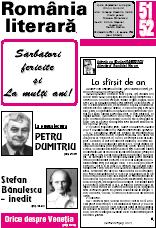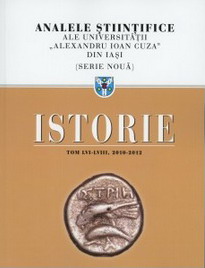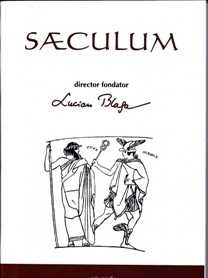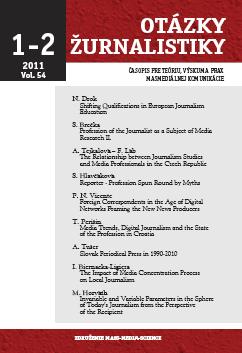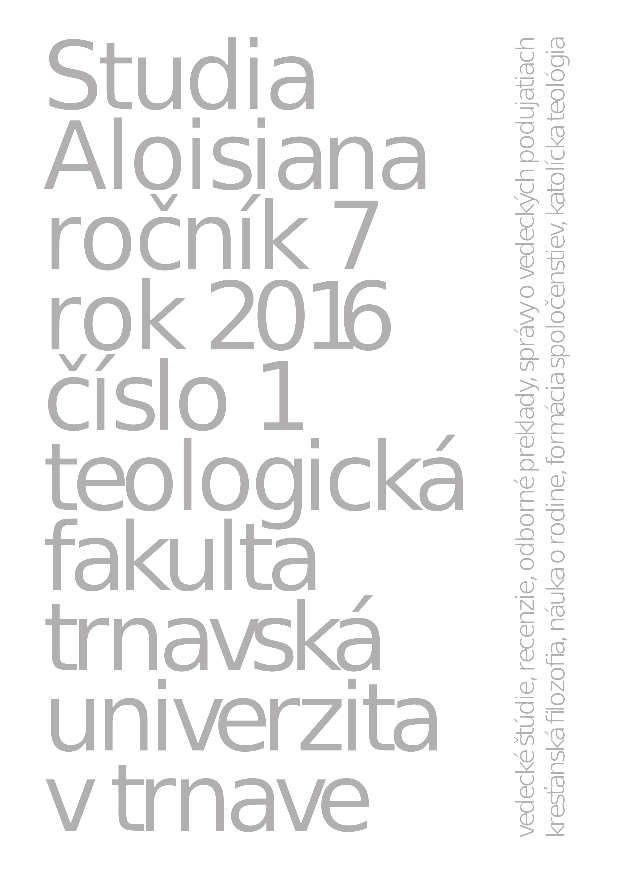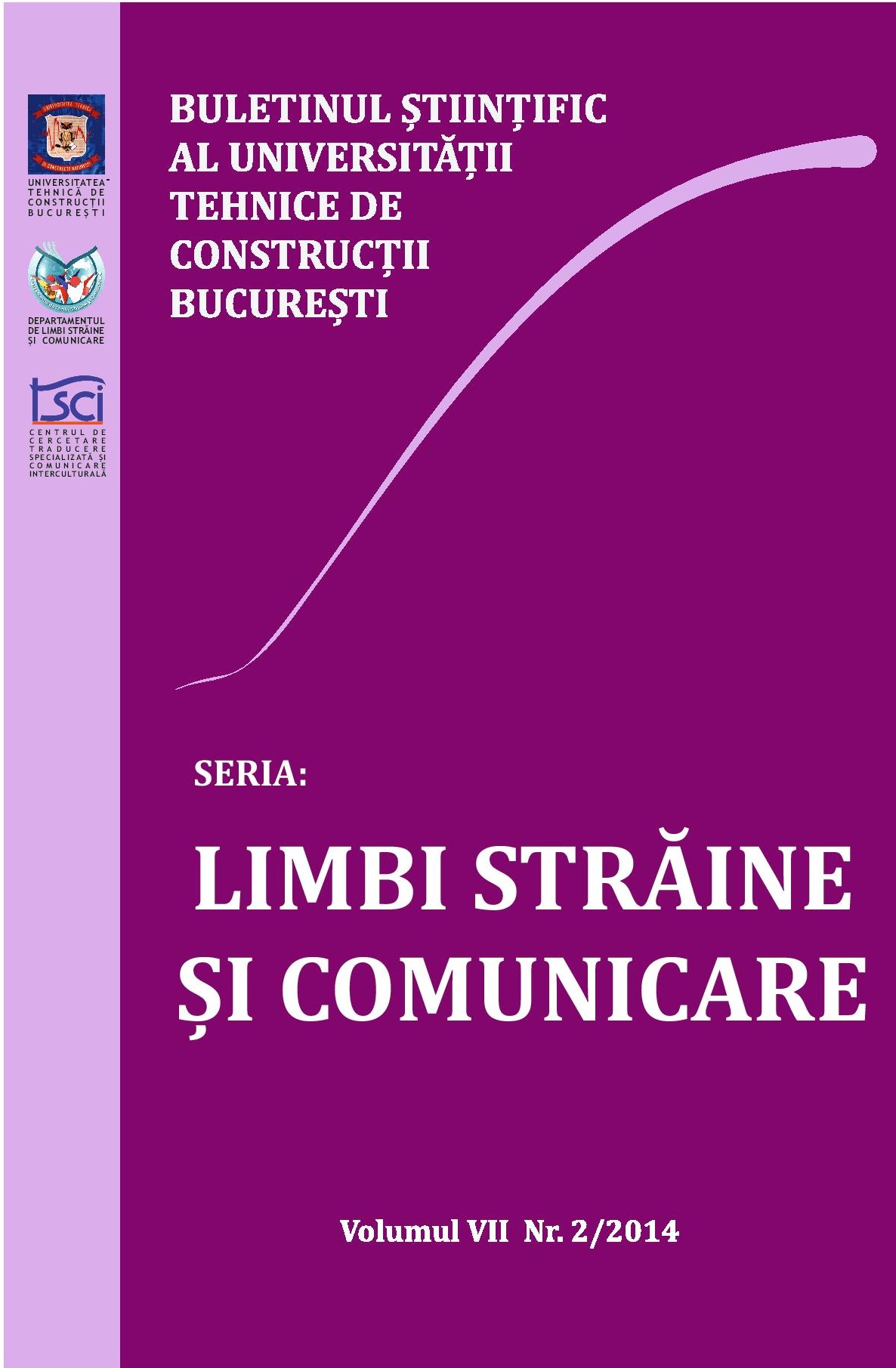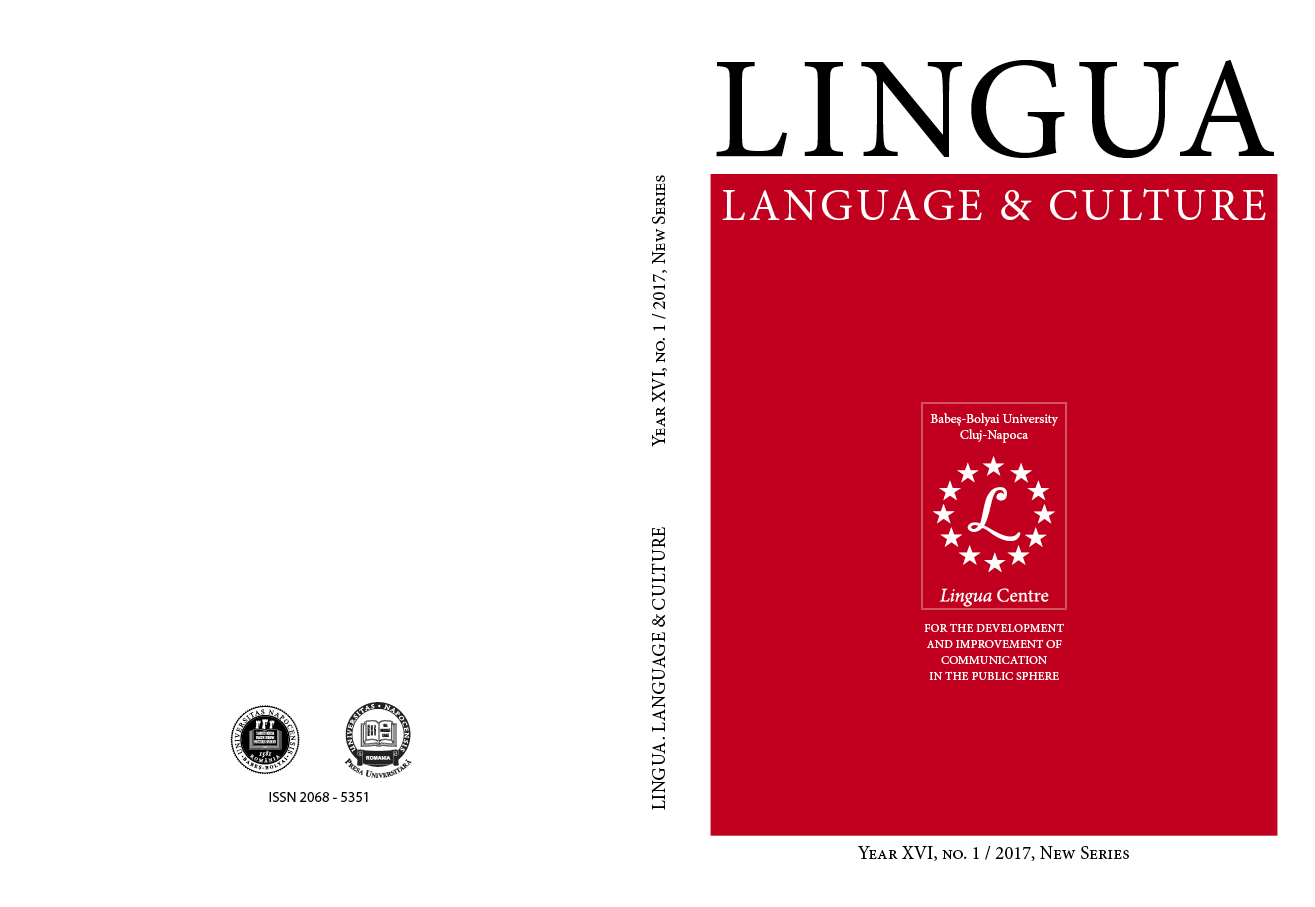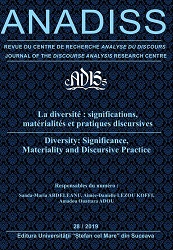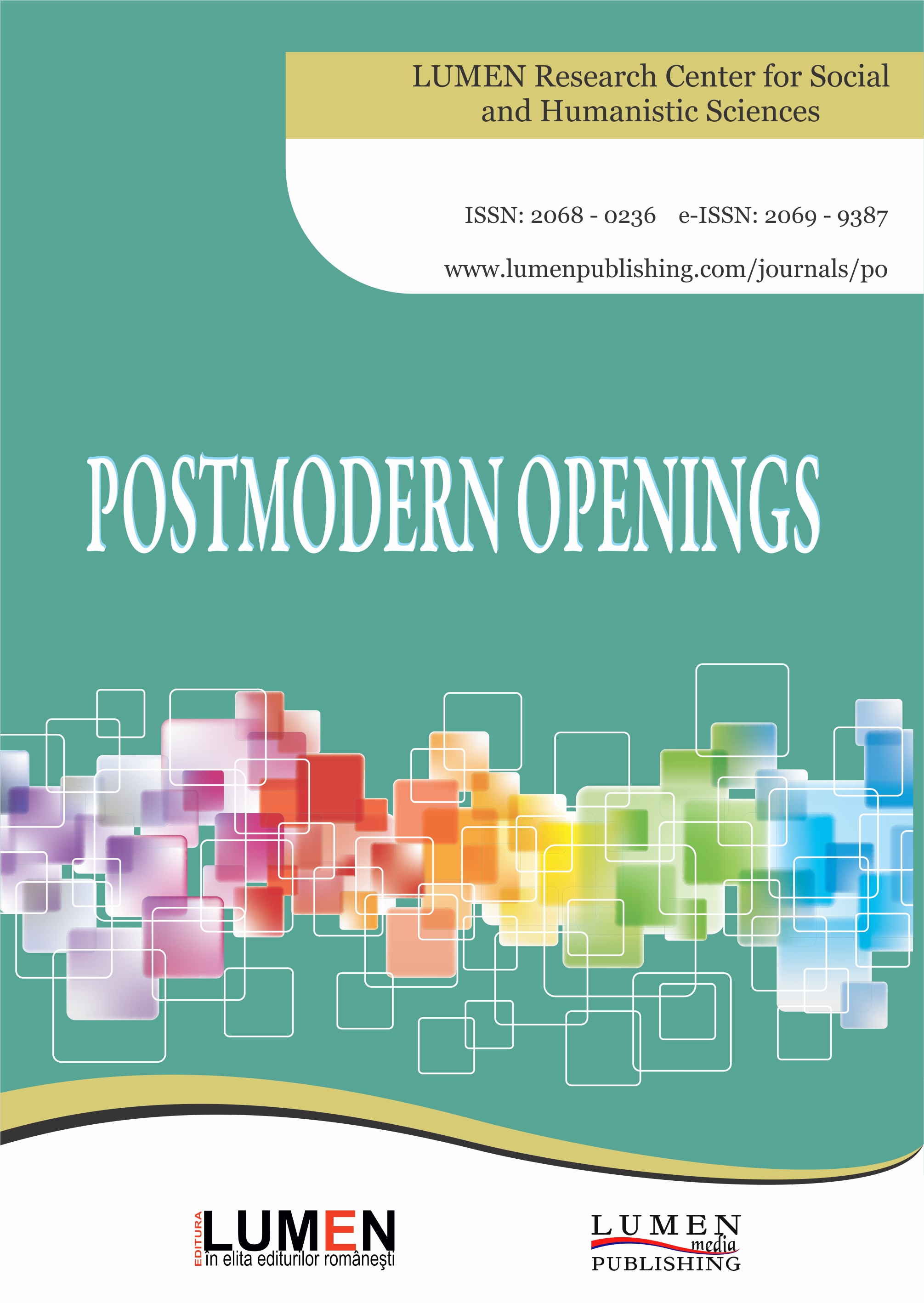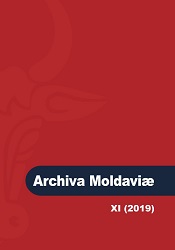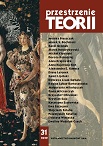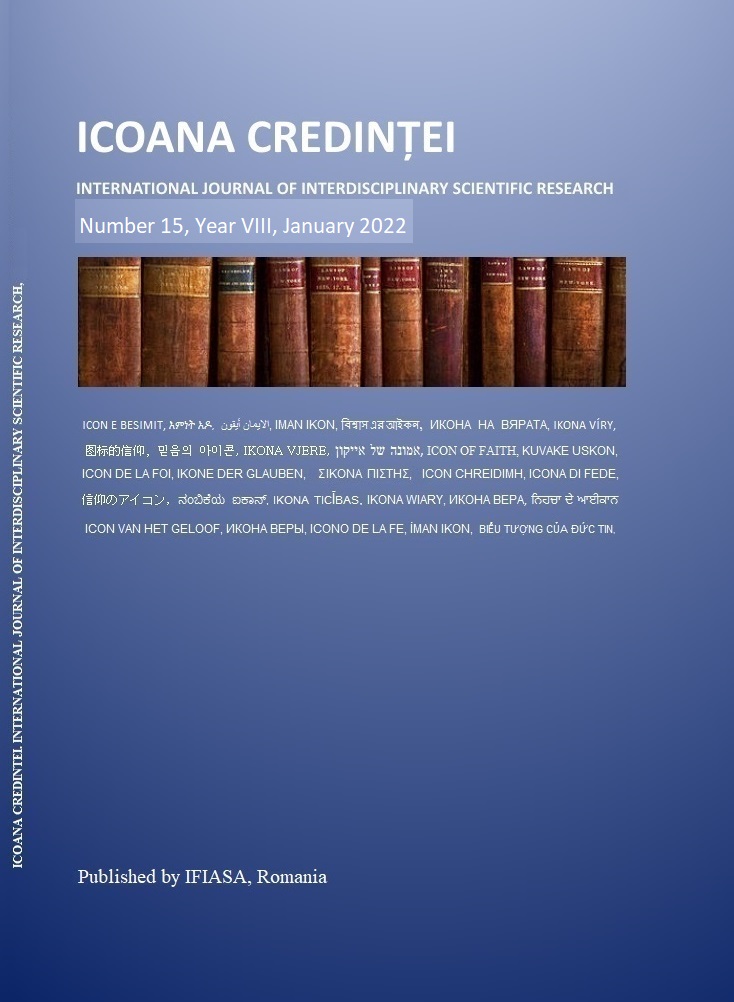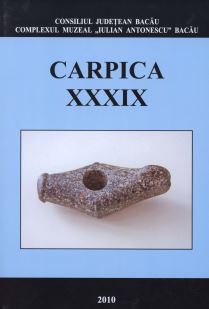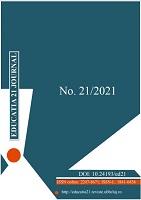THE ORTHODOX DIASPORA: ANALYSIS, NUANCE AND REDEFINITION
Author(s): Răzvan Brudiu,Alexandru Ciucurescu / Language(s): English
/ Issue: 15/2022
Keywords: Orthodox diaspora; mixed marriages; jurisdiction-territory; ethnophyletism; eikonomia, akribeia;
The reasons why a diaspora appears are similar throughout human history. People are ontologically the same, and the social, cultural, and religious context in which these great migrations take place is often similar. We can identify distinct elements and mutual lessons that help us to understand these events much better, to prevent them by noticing the causes in time, and to learn from these lessons of past and present history. The present study focuses, on the one hand, on the effects that the phenomenon of migration has had on the Orthodox diaspora, especially given the religious and social impact of life that today's Orthodox have among foreigners, being far from their national, religious and cultural center. The diaspora is essentially experiencing a revitalization of the faith in a foreign country and among people professing foreign beliefs. Thus, in the Church, all nationalist nostalgia should be overcome, because the Church is a foreshadowing of the Kingdom, where there is neither Greek nor Jew [...] because we are all one in Christ Jesus (Gal 3:28). Thus, wherever we live, we are always in the‟diaspora”, even within the boundaries drawn by our forerunners, in the land they inhabited. On the other hand, the present research also deals with the issue of mixed marriages. The issue urged the Orthodox to look beyond the canonical perspective of impediments to marriage and to focus on more urgent issues that require attention, namely the liturgical, pastoral and ecumenical aspects of mixed marriages. However, given the ethnic and cultural diversity in which the Orthodox Church carries out its mission in the world today, we should not be surprised that each Orthodox Church has applied and continues to apply the principles of canonical eikonomia and akribeia to mixed marriages in a non unitary manner.
More...
